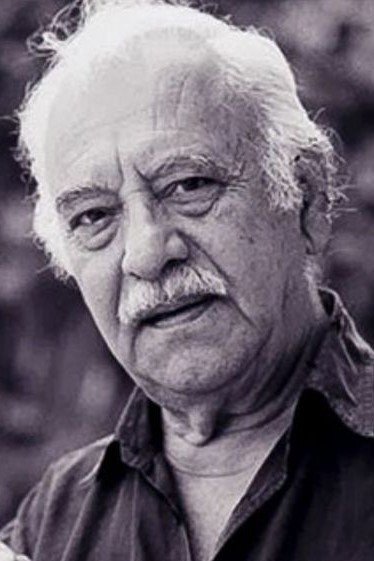
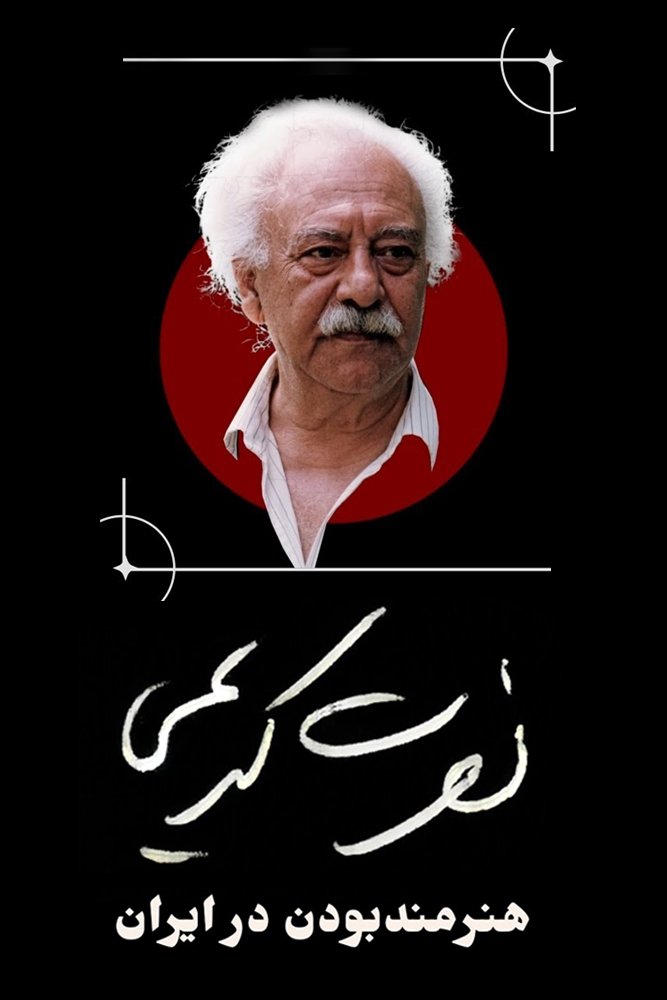
This documentary series, spanning six feature-length films, explores the life and artistic journey of Nosratollah Karimi — an Iranian actor of theater and cinema, director, writer, sculptor, university professor, and gardener.
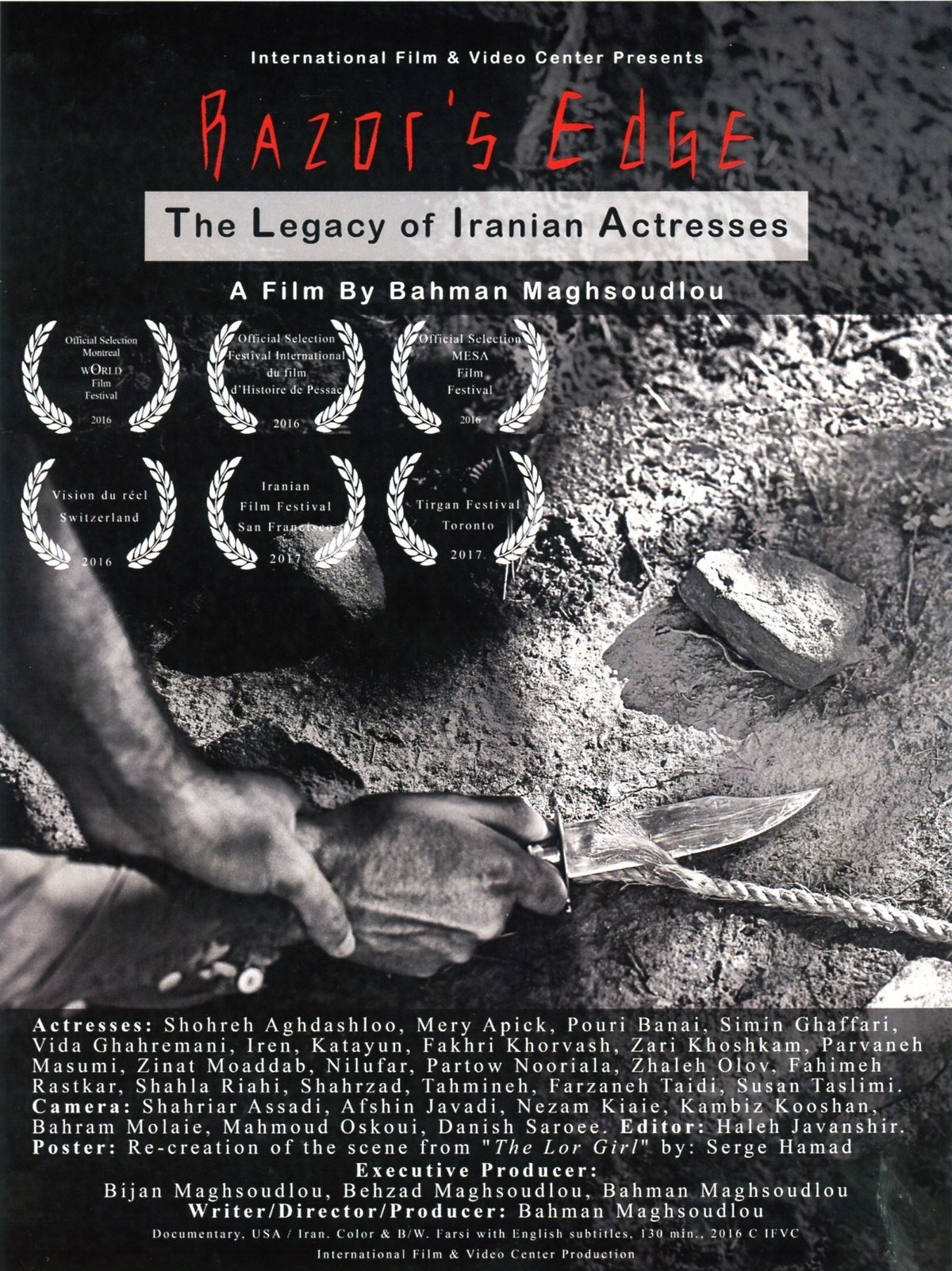
An examination of the work and lives of actresses in the Iranian film industry prior to the 1979 revolution, featuring myriad interviews and rare film clips.
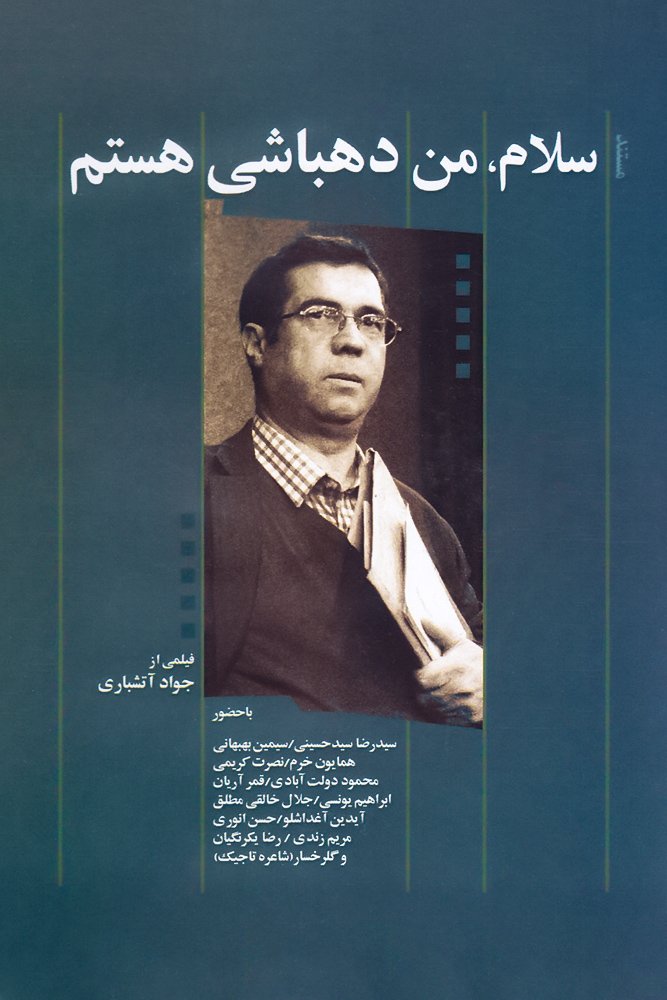
A Documentary about Ali Dehbashi (Persian: علی دهباشی). He is an Iranian journalist, Iranologist, researcher and writer. Dehbashi is the writer and editor-in-chief of Bukhara magazine, a periodical magazine on arts and culture in Persian published in Tehran.
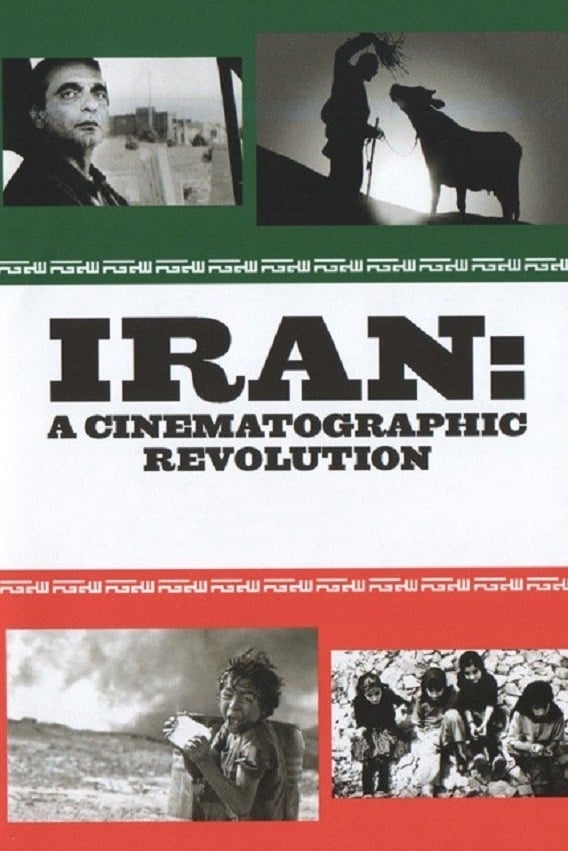
Today Iranian cinema is one of the most highly regarded national cinemas in the world, regularly winning festival awards and critical acclaim for films which combine remarkable artistry and social relevance. Iran: A Cinematographic Revolution traces the development of this film industry, which has always been closely intertwined with the country's tumultuous political history, from the decades-long reign of Reza Shah Pahlevi and his son, the rise of Khomeini and the birth of the Islamic Republic, the seizure by militants of the U.S. Embassy in Tehran, and the devastating war with Iraq.
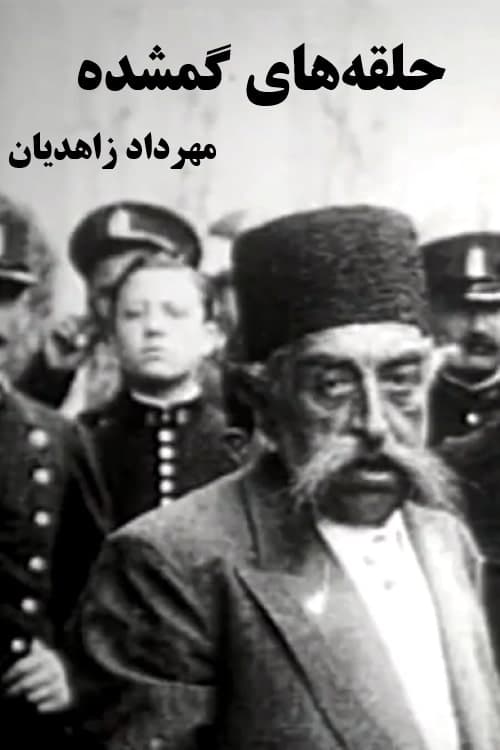
The story of documentaries shot by Ibrahim Khan the photographer that was prepared for Mozaffar ad-Din Shah Qajar. and how to restore and revive the reels by Dr. Shahriar Adl in France.
From Wikipedia, the free encyclopedia. Nosrat Karimi (Persian: نصرت کریمی; 22 December 1924 – 3 December 2019) was an Iranian actor, director, make-up artist, professor, scriptwriter, and sculptor. His career spanned six decades. He was perhaps best known for his role as Agha Joon in My Uncle Napoleon and The Carriage Driver. Description above from the Wikipedia article Nosrat'Allah Karimi, licensed under CC-BY-SA, full list of contributors on Wikipedia.
By browsing this website, you accept our cookies policy.